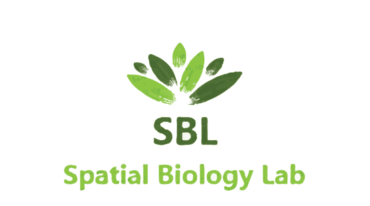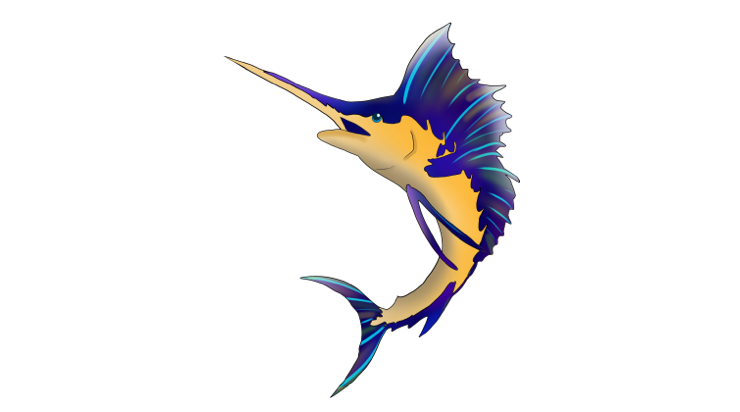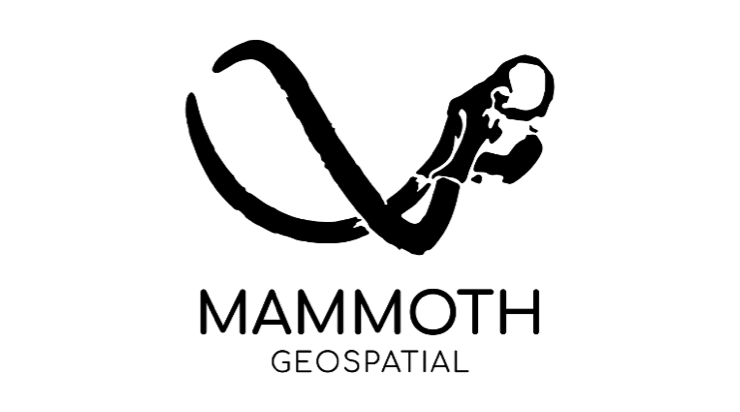The Research Centre for Geospatial Sciences (CICGE) is a Research and Development (R&D) Unit of the Faculty of Sciences of the University of Porto. The main objective of CICGE is the development of R&D activities in the thematic areas of Earth Observation and Space Sciences. The Spatial Biology Lab is one of the five labs at CICGE, analysing biological spatial patterns through multidisciplinary and multi-scale approaches, from global to local scale. The SBL applies Geographical Information Systems, Remote Sensing data and techniques, Ecological Niche Models, and Spatial Statistics in ecology and nature conservation to conduct research in the fields of spatial ecology, biogeography, and applied conservation.
LIFE LINES (https://lifelines.uevora.pt/): This Life project aims to essay, evaluate and disseminate practices directed at mitigation of negative effects from transport/energy infrastructures in wild fauna and simultaneously promote the creation, along them, of a demonstrative Green Infrastructure.
NA2RE: To develop the NA2RE website (http://na2re.ismai.pt/), a system of distributed online databases for compiling updated data about the distribution of European amphibians and reptiles. This project is funded by the Societas Herpetologica Europeaea (SEH: www.seh-herpetology.org), and maintained by the Instituto Superior da Maia (ISMAI: www.ismai.pt).
ENGAGE-SKA (https://engageska-portugal.pt/): The Square Kilometer Array (SKA) will be the first transcontinental radio telescope ever created. It will add 3,000 parabolic antennas and one million dipole antennas. Mid-frequency antennas will be joined by Australia, New Zealand, South Africa, Mozambique, Namibia, Botswana, Ghana, Kenya, Madagascar, Mauritius and Zambia, will be able to increase the rate of celestial observation in ten thousand times, with a sensitivity 50 times superior.






